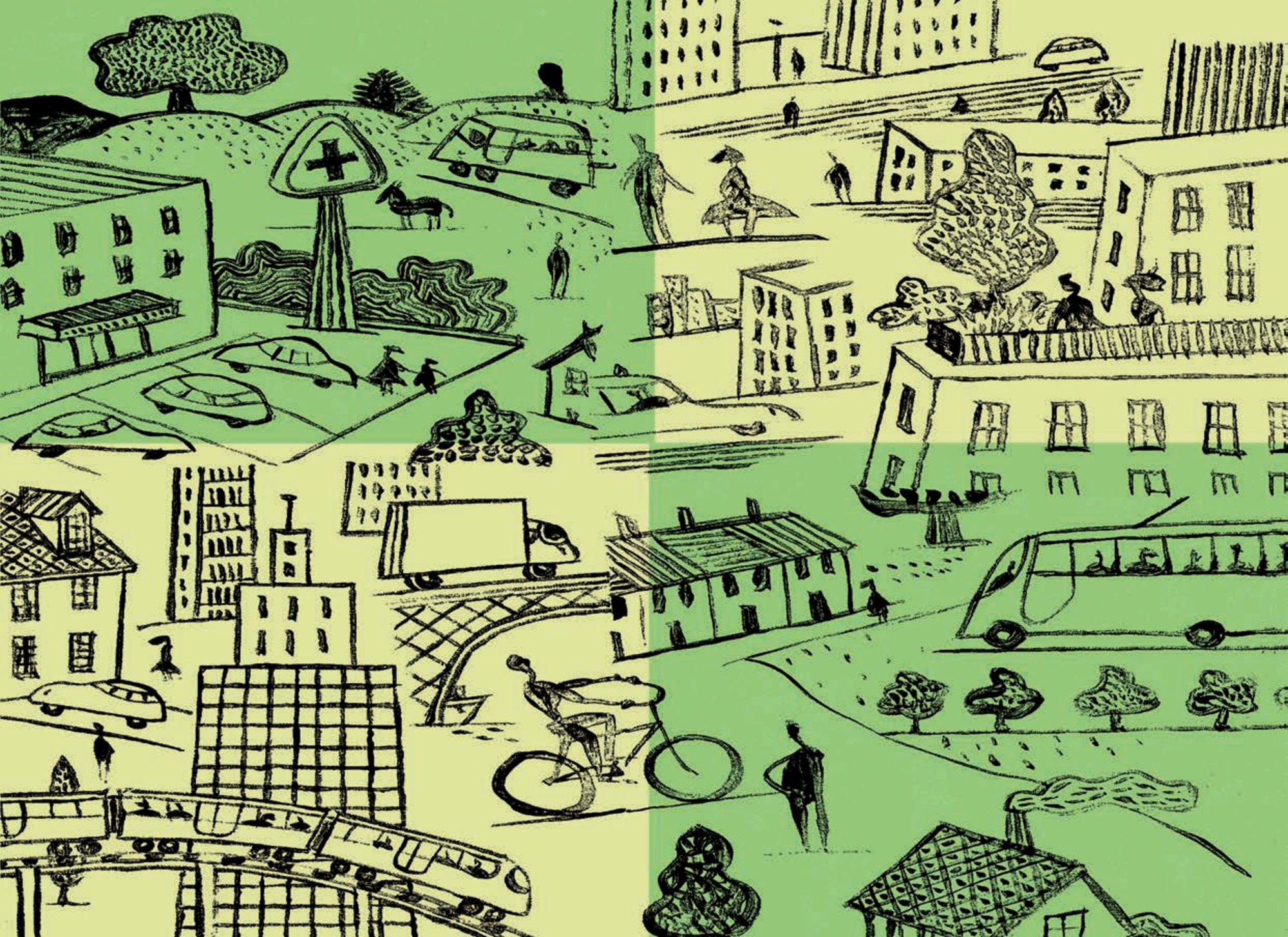The fifth edition of the OECD Regional Outlook: Addressing COVID-19 and moving to net zero greenhouse gas emissions comes at a critical juncture. The COVID 19 crisis has laid bare a number of weaknesses in our economic and social systems and, in doing so, starkly revealed the interconnectivity between the environment, economies and people. Many of these weaknesses were apparent before COVID-19 but less so the costs of inaction to address them and, in turn, their unprecedented consequences.
We have learnt how quickly a crisis in one domain can spread to another: what started as and remains a health crisis very quickly became an unmatched economic crisis. We have learnt of the paramount importance of early, decisive action to tackle risks and build resilience. We have learnt that environmental degradation is an important enabler of zoonotic risks and, as such, a threat to resilience. We have a much better understanding, today, of the importance of resilience in efforts to build back better and, as this edition of the OECD Regional Outlook shows, of how important it is to take into account the spatial dimension in the recovery process.
The health and economic crisis triggered by COVID-19 stands out not only as the most significant in a century but for the territorial diversity of its impacts and responses. The climate challenge is just as global and territorially diverse. Greenhouse gas emissions and their sources vary enormously across regions and the impacts of tackling climate change will also be vastly different across territories. Specific place-based policies will be vital in mitigating the effects of those impacts on the most vulnerable regions.
However, while most OECD countries have set net-zero greenhouse gas emission targets for 2050, the regional dimension is too often ignored. As this edition of the OECD Regional Outlook shows, this is a mistake. Recognising the place-based dimension from the outset of the design and implementation of mitigation policies will allow those targets to be reached more effectively. Indeed, well-chosen policies to adapt to inevitable climate change can have important well-being benefits, which are often local. Integrating subnational and regional government action into a multilevel governance framework is therefore a key part of building back better.
Since its creation in 1999, the OECD Regional Development Policy Committee has consistently argued for place-based policies, which can effectively address the diversity of economic, social, demographic, institutional and geographic conditions across regions. They also ensure that a wide range of sectoral policies, from transport and education to innovation and health, are co-ordinated with each other. This OECD Regional Outlook aims to serve as a guide to help policymakers at all levels of government build back better.
